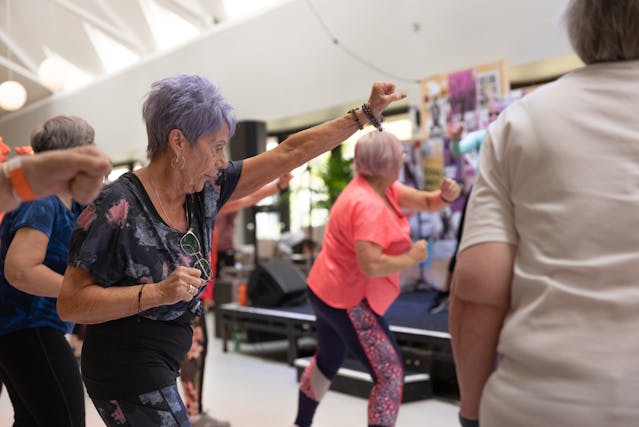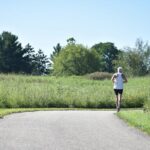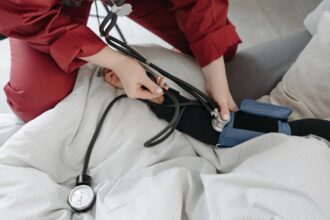In a compelling study conducted at the Gerontology Research Center and the Faculty of Sport and Health Sciences at the University of Jyväskylä in Finland, researchers found that many individuals aged between 60 and 88 either sustained or even enhanced their physical activity levels during the COVID-19 pandemic restrictions. A key observation was that those who exhibited higher positive affectivity tended to maintain or increase their physical activity consistently. Notably, this correlation was stronger among individuals around 60 than those over 70, as explained by Tiina Savikangas, a postdoctoral researcher.
Despite Finland not enforcing a curfew, older adults faced more stringent restrictions than younger, working-age people. Savikangas suggests that this disparity in restriction severity reduced the influence of positive mental well-being on physical activity among older adults. This points to how social policies and age impact lifestyle behaviours during public health crises.
Past studies have consistently linked physical activity with enhanced mental well-being. However, this recent study posits that mental well-being could also significantly contribute to fostering a physically active lifestyle. Essentially, there is a mutually beneficial cycle where mental well-being and physical activity positively reinforce each other. Savikangas emphasizes, “Mental well-being is an important resource for physical activity,” suggesting that individuals with strong mental health are better equipped to remain active even in exceptional circumstances.
The research further revealed that experiencing depressive symptoms during the pandemic was associated with reduced physical activity levels and a greater tendency to decrease such activities, especially among participants over 70. This finding highlights that different aspects of mental well-being may influence physical activity to varying degrees across various age groups. It underscores the importance of considering age-specific strategies in public health interventions to maintain physical activity.
Savikangas stresses the critical role of supporting mental well-being to promote a physically active lifestyle, particularly during societal emergencies. She advocates not only for strategies aimed at reducing depressive symptoms but also for efforts to strengthen the positive aspects of mental health. The study also concluded that when depressive symptoms were accounted for, there was no significant link between general negative emotions and physical activity. This suggests that depressive symptoms, which can include a broader array of issues such as insomnia and loss of appetite, are a more comprehensive risk factor for reduced physical activity than negative affectivity alone. This insight reinforces the complex relationship between mental health and physical activity, advocating for a holistic approach to health during times of crisis.
More information: Tiina Savikangas et al, The associations of positive and negative mental well-being with physical activity during the COVID-19 across late adulthood, BMC Public Health. DOI: 10.1186/s12889-024-20803-3
Journal information: BMC Public Health Provided by University of Jyväskylä – Jyväskylän yliopisto








